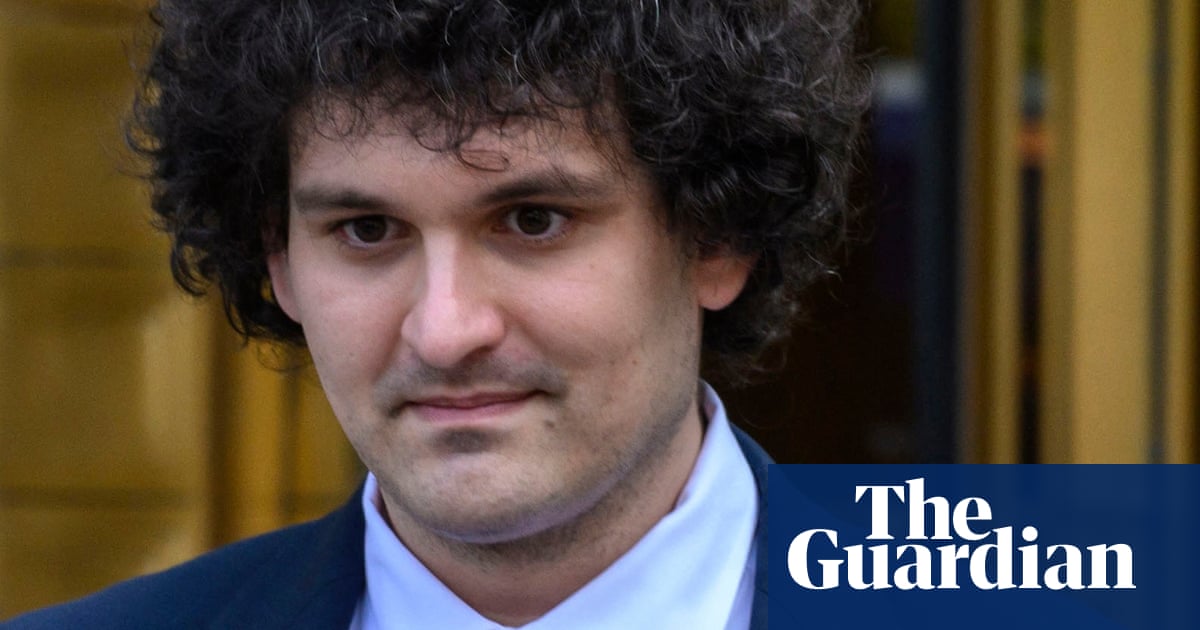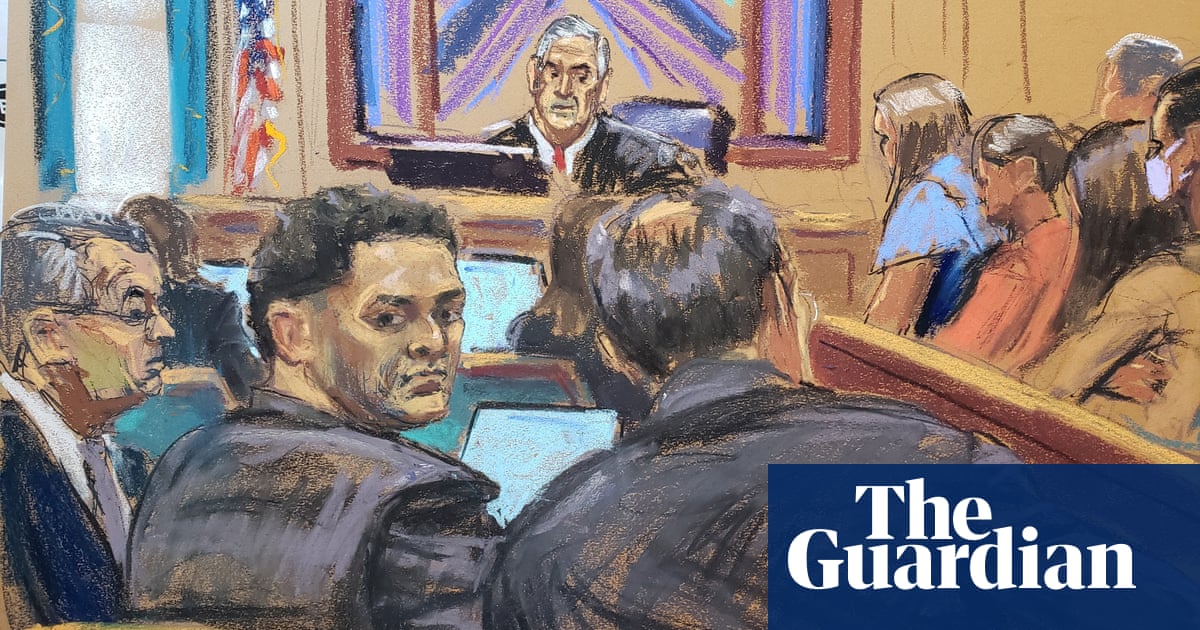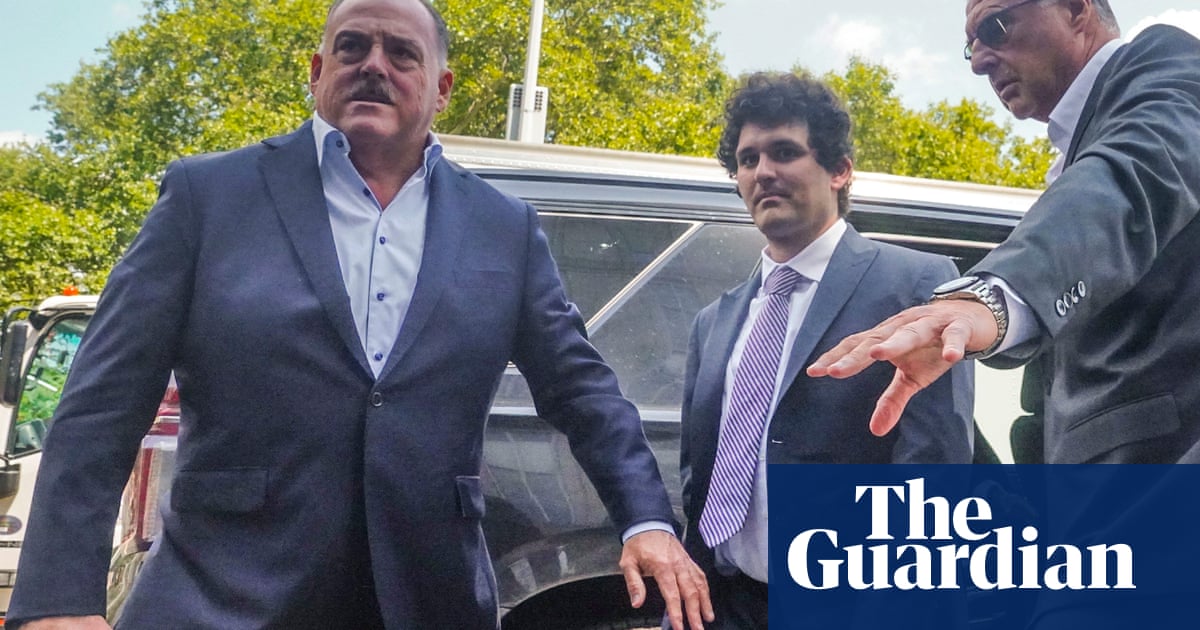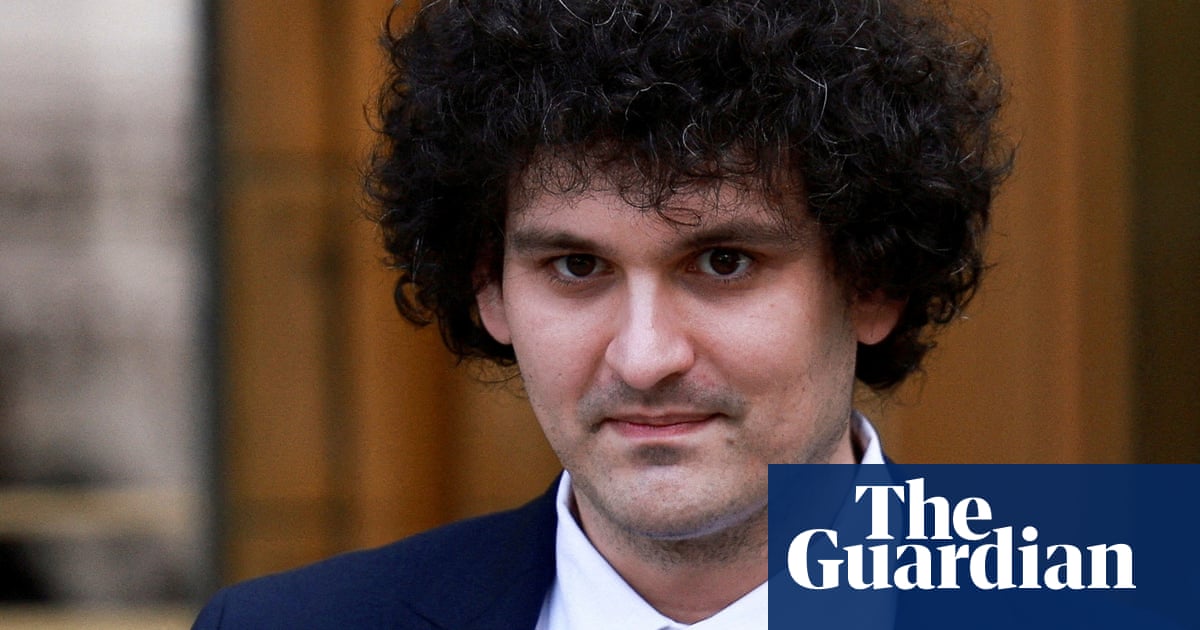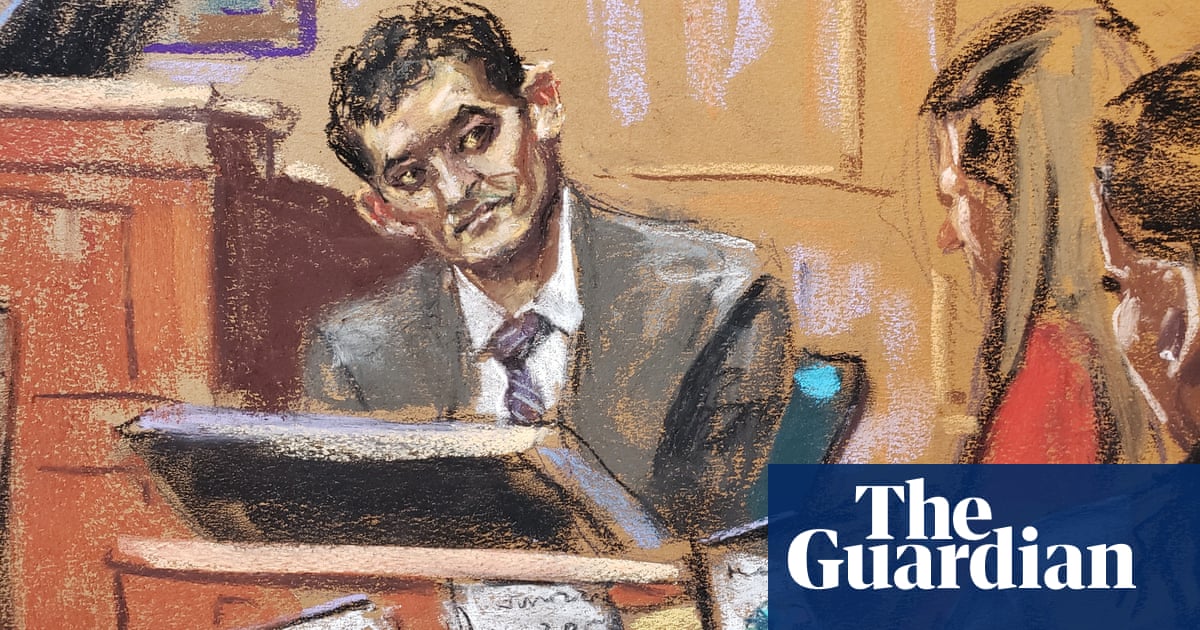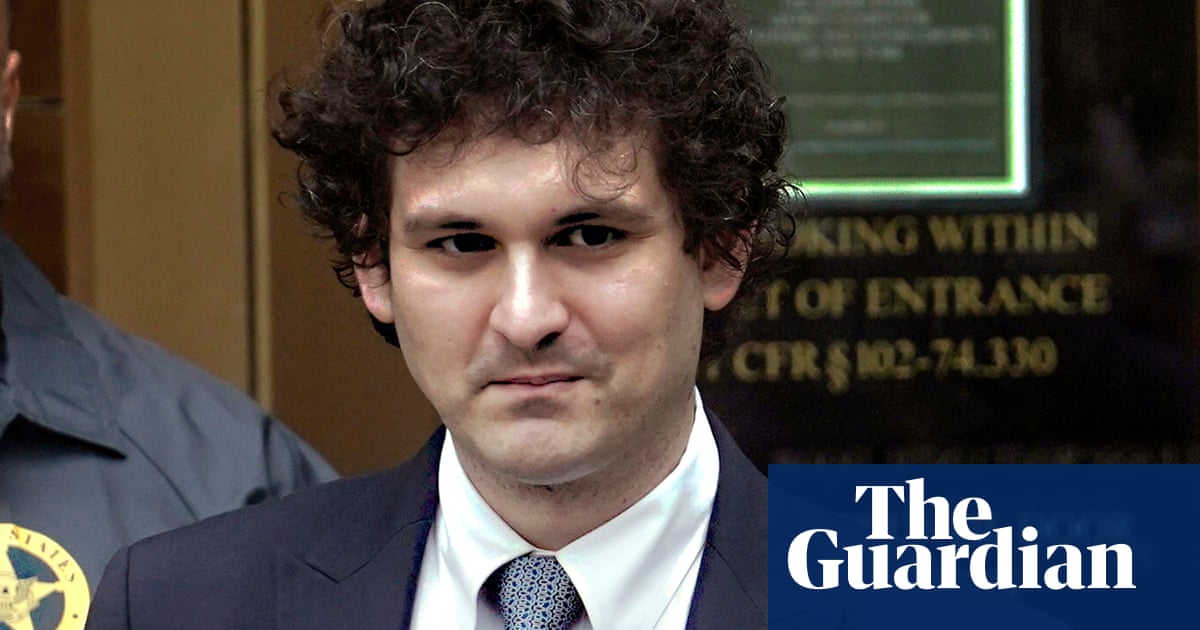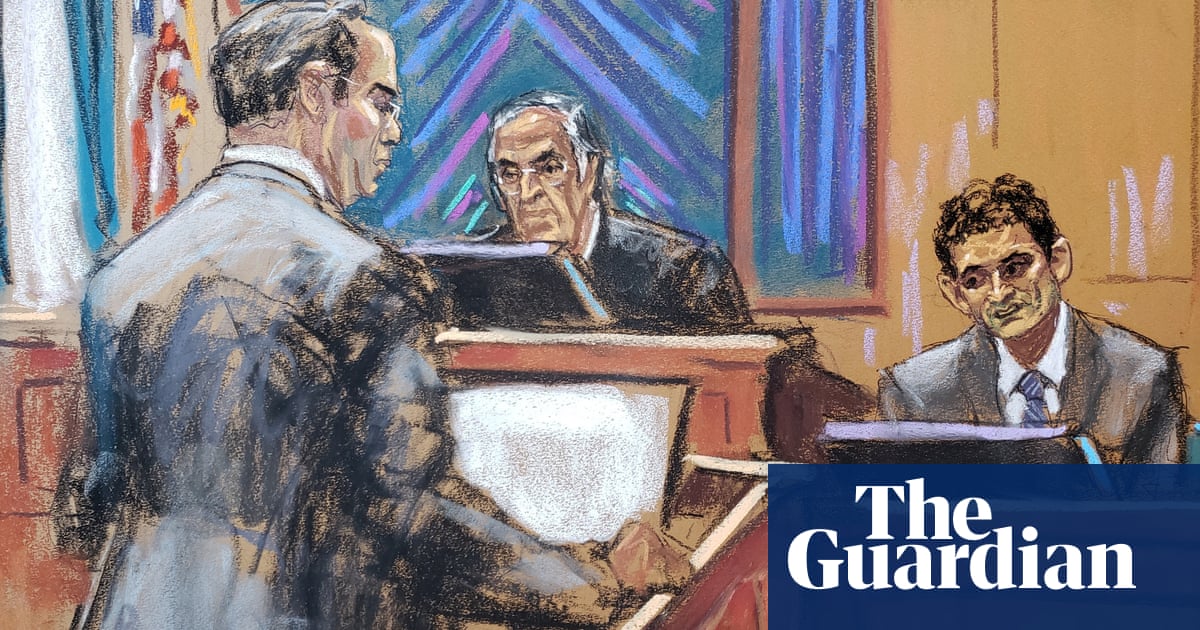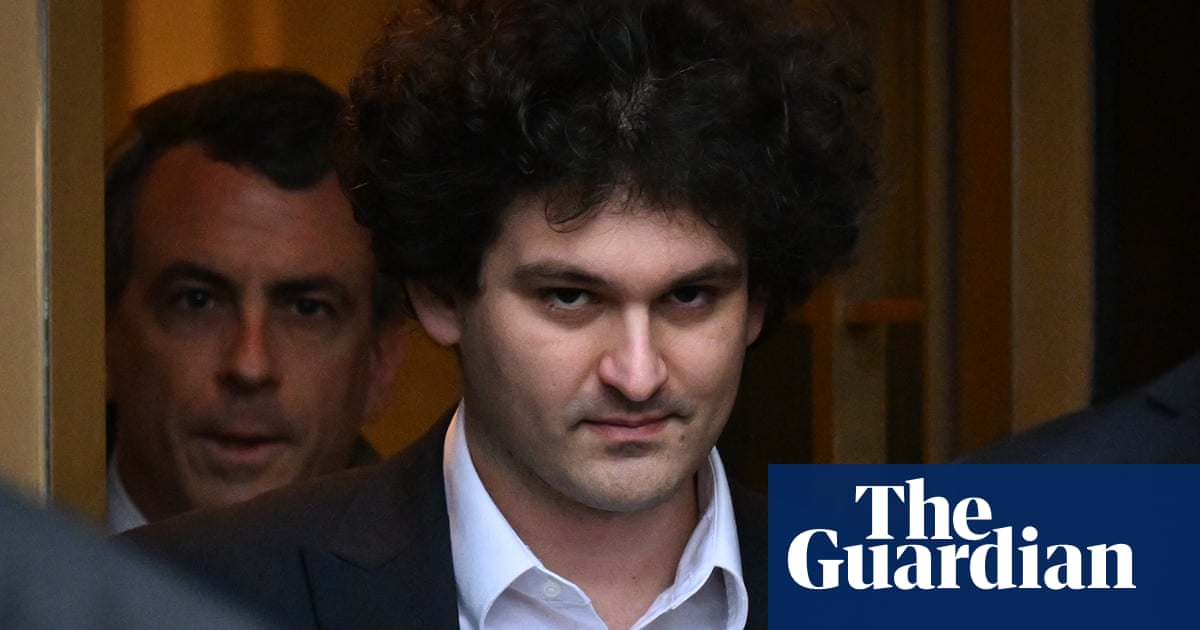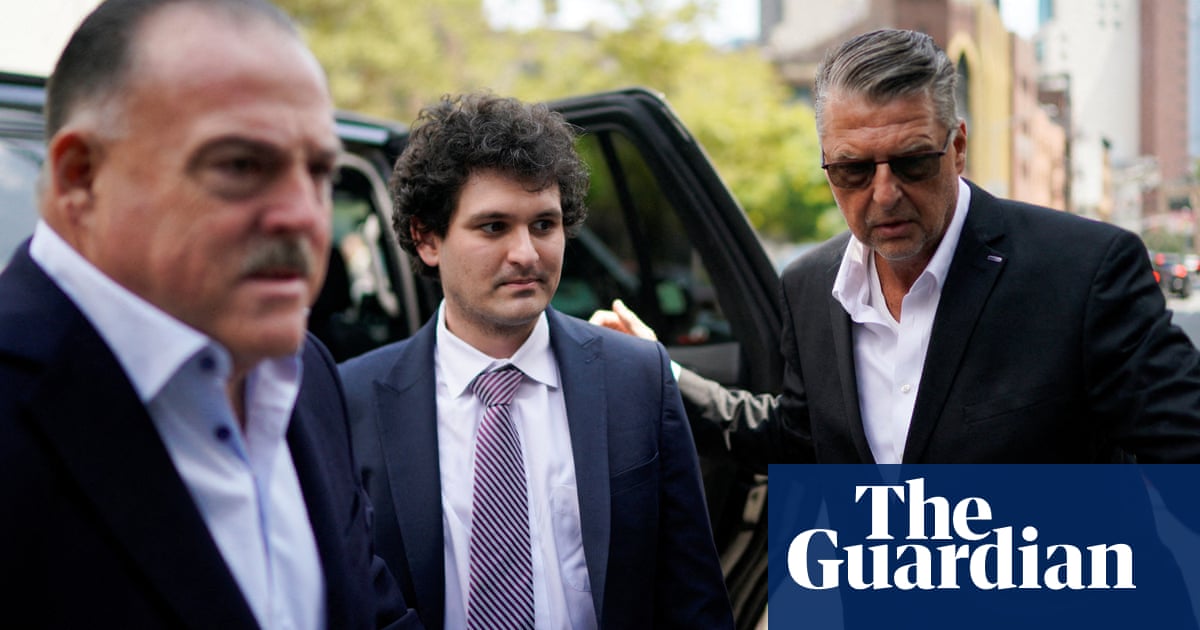
Opening arguments began in Sam Bankman-Fried’s fraud trial on Wednesday, with prosecutors accusing the former cryptocurrency star of building his empire “on lies” and living a lavish lifestyle while defrauding his customers. Defense attorneys countered by presenting Bankman-Fried as a “math nerd” with good intentions who got in over his head.
The second day of the trial began with Judge Lewis Kaplan finalizing a group of 12 jurors who would hear the case, along with six alternates, and later in the afternoon featured prosecutors calling their first witness.
Bankman-Fried, founder of the now-fallen cryptocurrency exchange FTX and its sister hedge fund, Alameda Research, is charged with a host of financial crimes surrounding the shocking implosion of his companies late last year. FTX went from being valued at $32bn to bankruptcy within weeks, while once-lauded crypto mogul Bankman-Fried became a pariah.
Federal prosecutors accuse Bankman-Fried of diverting billions of dollars in FTX customers’ money into risky trades at Alameda and unlawful purchases, charging him on seven counts that include wire fraud and conspiracy to commit money laundering. In his opening argument, the prosecutor Thane Rehn alleged that Bankman-Fried lived a glamorous life of wealth and power while duping the people who invested in his companies.
Rehn said: “One year ago, it looked like Sam Bankman-Fried was on top of the world. He ran a huge company called FTX. He lived in a $30m apartment in the Bahamas. He jetted around the world on private planes. He hung out with celebrities like Tom Brady and politicians like Bill Clinton.” Rehn added: “But all of that, all of it, was built on lies. Behind the curtain, Sam Bankman-Fried was not who he appeared to be. He was using his company, FTX, to commit fraud on a massive scale.”
Rehn alleged that money from customer deposits was effectively going directly into Bankman-Fried’s pocket, claiming that their funds never made it into the FTX exchange and instead were funneled elsewhere without notice.
Bankman-Fried has maintained his innocence. During opening arguments, his defense attorney Mark Cohen portrayed his 31-year-old client as a well-intentioned but inexperienced founder who had no criminal intent. Cohen described Bankman-Fried as a “math nerd who didn’t drink or party” rather than the “cartoon villain” that he claimed prosecutors wanted to paint him as being.
“Sam didn’t defraud anyone. Sam didn’t intend to defraud anyone. Sam acted in good faith,” Cohen said. “There was no theft.”
Cohen argued that any mismanagement at FTX was the result of the company’s rapid growth which overwhelmed Bankman-Fried’s ability to make decisions.
“Things were happening quickly, very quickly. Sam and others were making hundreds of decisions a day,” Cohen said. “And as a result, some things got overlooked … things an older company would have built out over time.”
The trial is set to last six weeks, as prosecutors lay out their case that Bankman-Fried was using customer money to bankroll expenses at Alameda, snap up pricy real estate and curry favor with lawmakers through millions in donations to political campaigns. If convicted, Bankman-Fried could face life in prison.
The prosecution’s first witness was Marc-Antoine Julliard, a commodities trader who became an FTX customer after hearing about it from a friend and looking into the company online. He recalled seeing FTX sponsoring Formula 1 racing along with ads featuring celebrity endorsers like model Gisele Bündchen. Julliard described believing at the time that Bankman-Fried was a good-faith operator and “the future face of the general crypto industry”.
When FTX fell into crisis last November, Julliard said he kept his deposits in the exchange after seeing Bankman-Fried’s reassuring tweets and positive messages. He changed his mind a day later, but it was already too late – he was unable to withdraw around $100,000 worth of investments that he’d left in FTX. The prosecution asked him whether he had ever been able to withdraw his funds.
“Never,” Julliard told jurors.
Adam Yedidia was the second and final witness to testify on Wednesday, and did so under an immunity order – meaning he couldn’t be charged based upon his testimony, so long as it was truthful. Yedidia said that he formerly worked for FTX and was a close friend of Bankman-Fried’s from university.
When Yedidia was employed at FTX last year, he told the court, he received a phone call from another developer at the company who told him that Alameda was using FTX customer profits to pay back its creditors. Yedidia testified that he resigned following the call. The prosecutor Danielle Sassoon, who questioned Yedidia, asked why he was appearing under an immunity order.
“I was concerned that, as a developer for FTX, I may have unwittingly written a code that contributed to a crime,” he said. Yedidia is set to testify again on Thursday.
Many of Bankman-Fried’s former close associates at FTX are expected to testify after they previously pleaded guilty to criminal charges and became witnesses for the prosecution. The star witness is expected to be Caroline Ellison – his on-again, off-again girlfriend and the one-time head of Alameda.
The prosecution’s opening argument teased blockbuster testimony from Ellison, who they claimed could describe how she and Bankman-Fried siphoned money to Alameda.
“She will tell you about how she and the defendant stole the money that customers had entrusted to FTX,” Rehn said. “She will testify that she and the defendant took customer money again and again.”
Meanwhile, Cohen also appeared to cast Ellison as the reason behind FTX’s downfall, alleging that she ignored Bankman-Fried’s financial advice and left the companies exposed to market shocks.
Throughout the trial Bankman-Fried has appeared upbeat and professional, with his characteristically unruly hair tamed by a recent haircut and casual attire replaced with a gray suit.
His parents, Joseph Bankman and Barbara Fried, were spotted arriving at the Manhattan courthouse for the second day of their son’s trial. Bankman and Fried, who are both professors at Stanford Law School, are facing legal trouble of their own after FTX filed a civil lawsuit against them claiming that they accepted millions of dollars in gifts and real estate from the company while their son was in charge. Attorneys for the couple have denied the allegations.
Bankman-Fried will remain jailed throughout trial, after Judge Kaplan revoked his bail in August on the grounds that he was tampering with witnesses through his many statements to media outlets.




